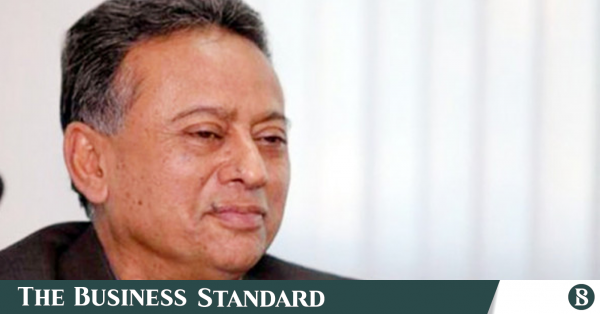Many countries in the world, including several developed ones, spend around or more than 10% of their GDP on healthcare alone, while the WHO recommends spending at least 5%
File photo of BNP Standing Committee Member Amir Khasru Mahmud Chowdhury. Photo: Collected
“>

File photo of BNP Standing Committee Member Amir Khasru Mahmud Chowdhury. Photo: Collected
The BNP will allocate 10% of the national GDP for the health and education sector if the party comes to power, said BNP Standing Committee member Amir Khasru Mahmud Chowdhury today (11 November).
“We have decided two things very clearly – we will allocate 5% of the GDP for health and 5% for education. This is our decision,” he said at an event titled “3rd Bangladesh Economic Conference” organised by the national daily Banik Barta at Pan Pacific Sonargaon hotel in the capital.
The allocation amount will be a big jump from what the sectors get now.
Government data shows that the budgetary allocation for health has been less than 1% of GDP for the past 20 years, reaching 0.74% in FY25. Meanwhile, the allocation for education was only 1.69% of GDP in FY25.
While it might seem like a significant allocation for two sectors, many countries in the world, including developed ones, already spend more than 10% of their GDP on healthcare or education alone.
The WHO recommends spending a minimum of 5% GDP on healthcare.
Explaining the reason behind the decisions, Khasru, also a former commerce minister, said, “If we can provide the citizens with universal health care, their health will be good, and they will better contribute to the nation.
“Bangladesh failed to invest to reap the demographic dividend. The low investment in health and education is decreasing people’s purchasing power.”
Also speaking at the event, newly appointed Commerce Adviser Sheikh Bashir Uddin said millions of dollars had been siphoned off the country even on 5 August.
“Sometimes I feel ashamed of identifying myself as a businessman due to the politicisation of this profession. I’ll try my best to ease the cost of doing business in the country,” he said.


